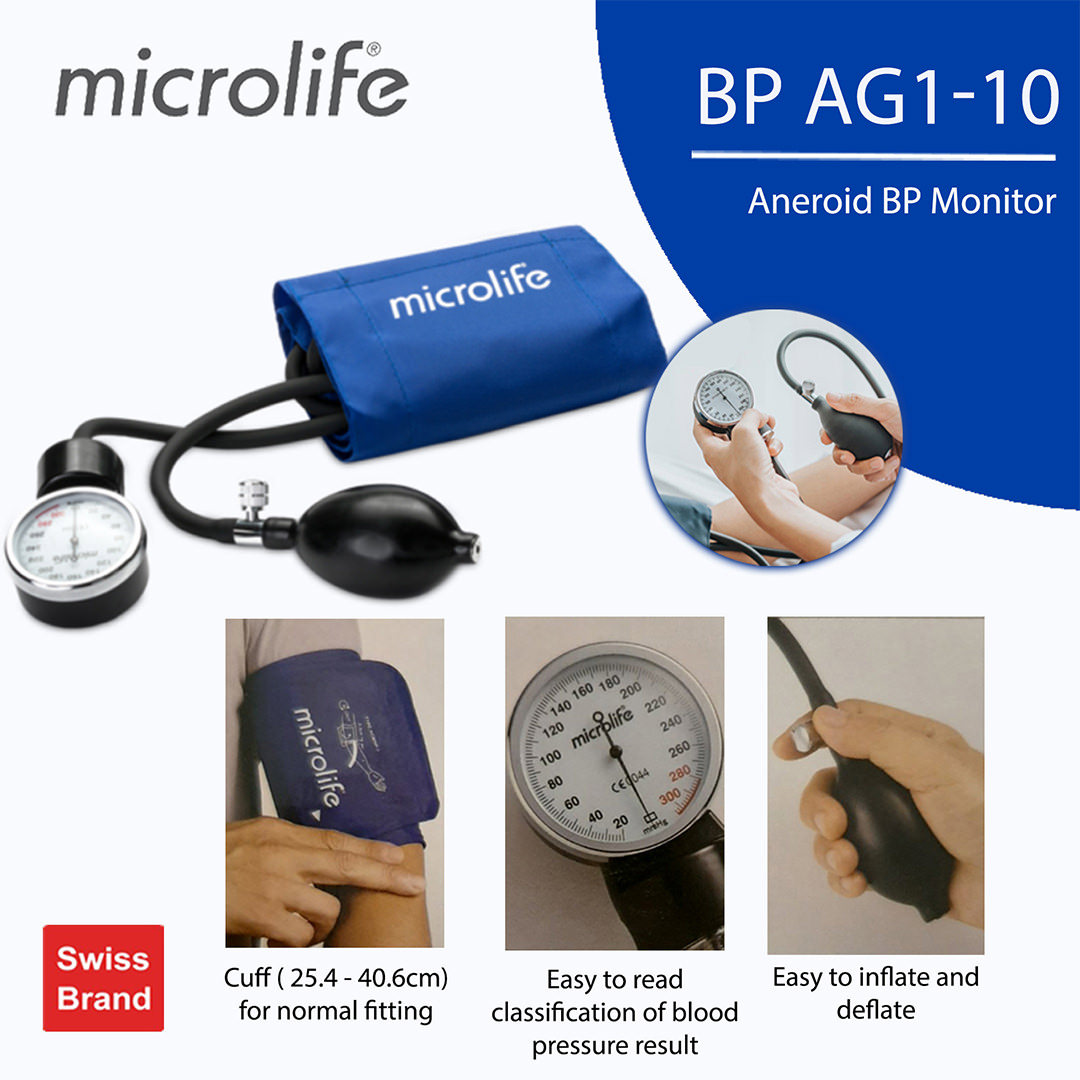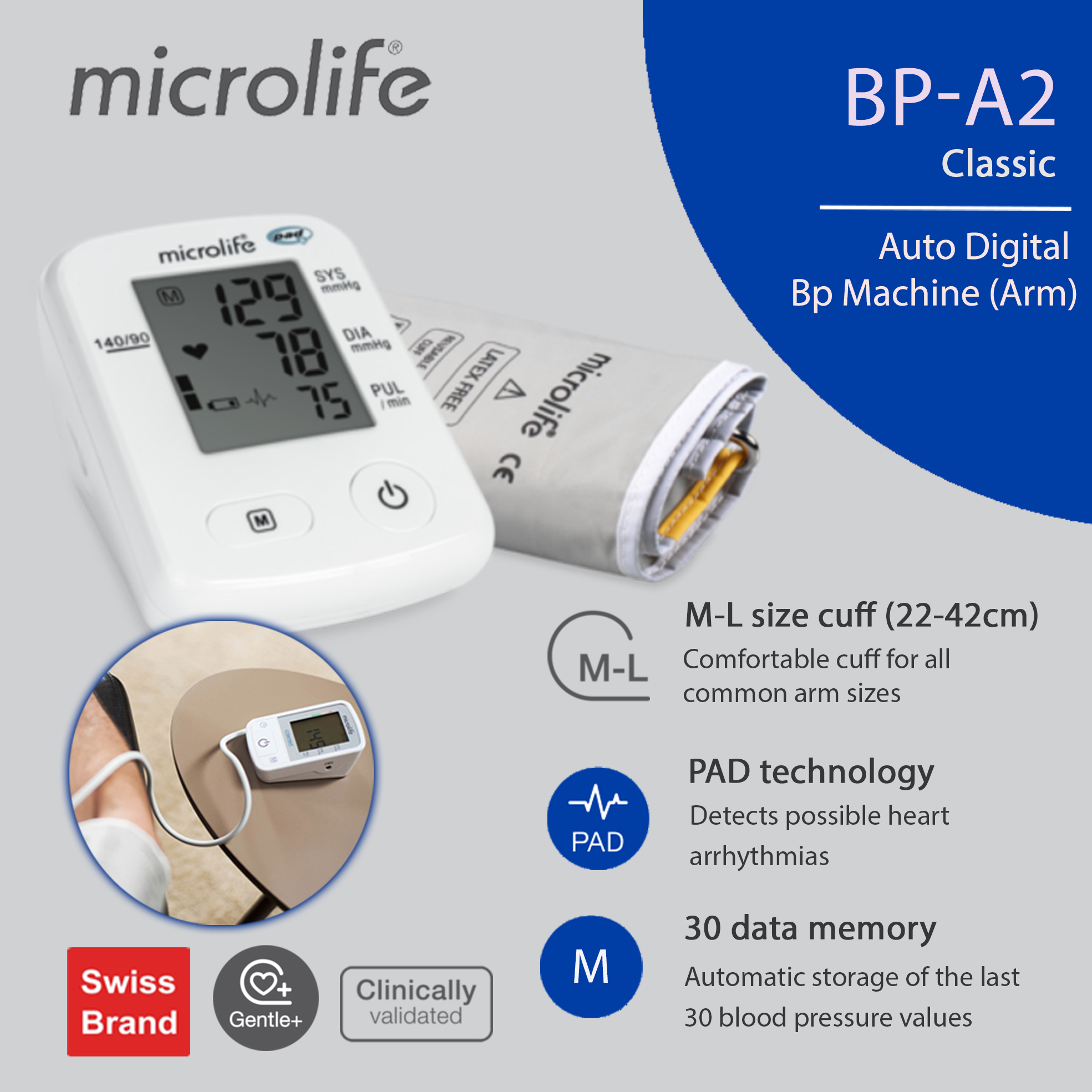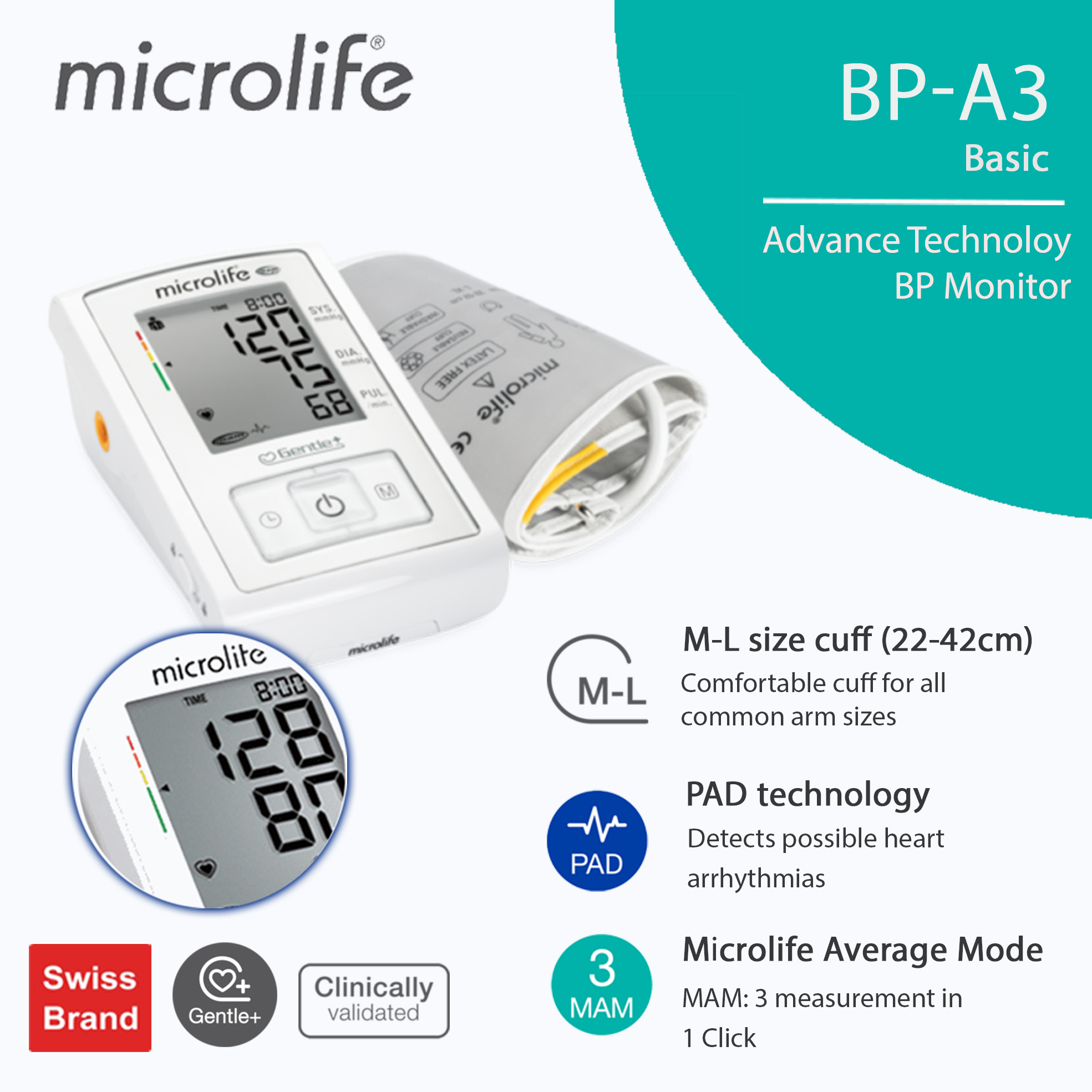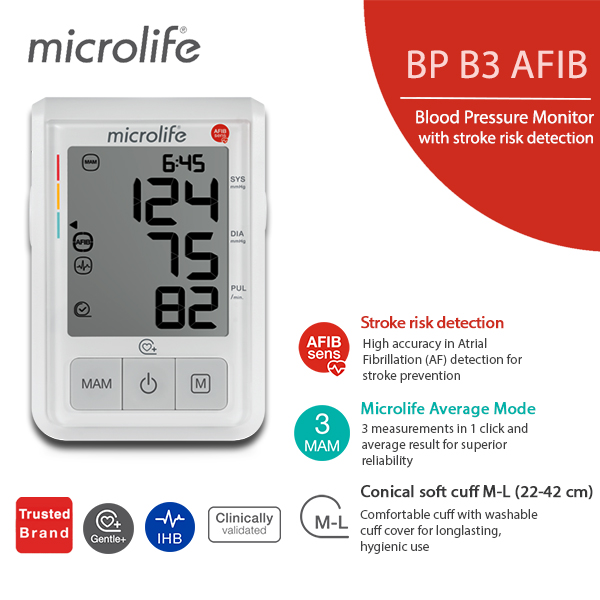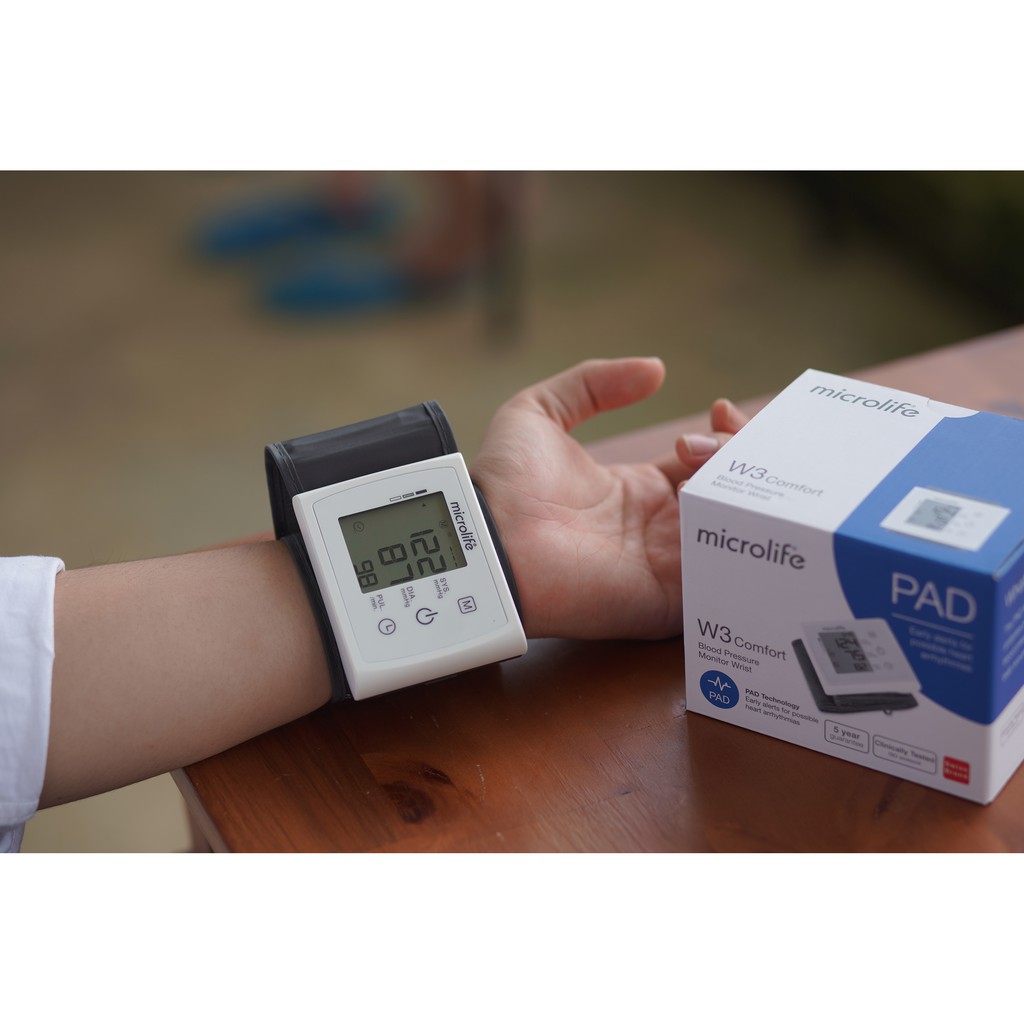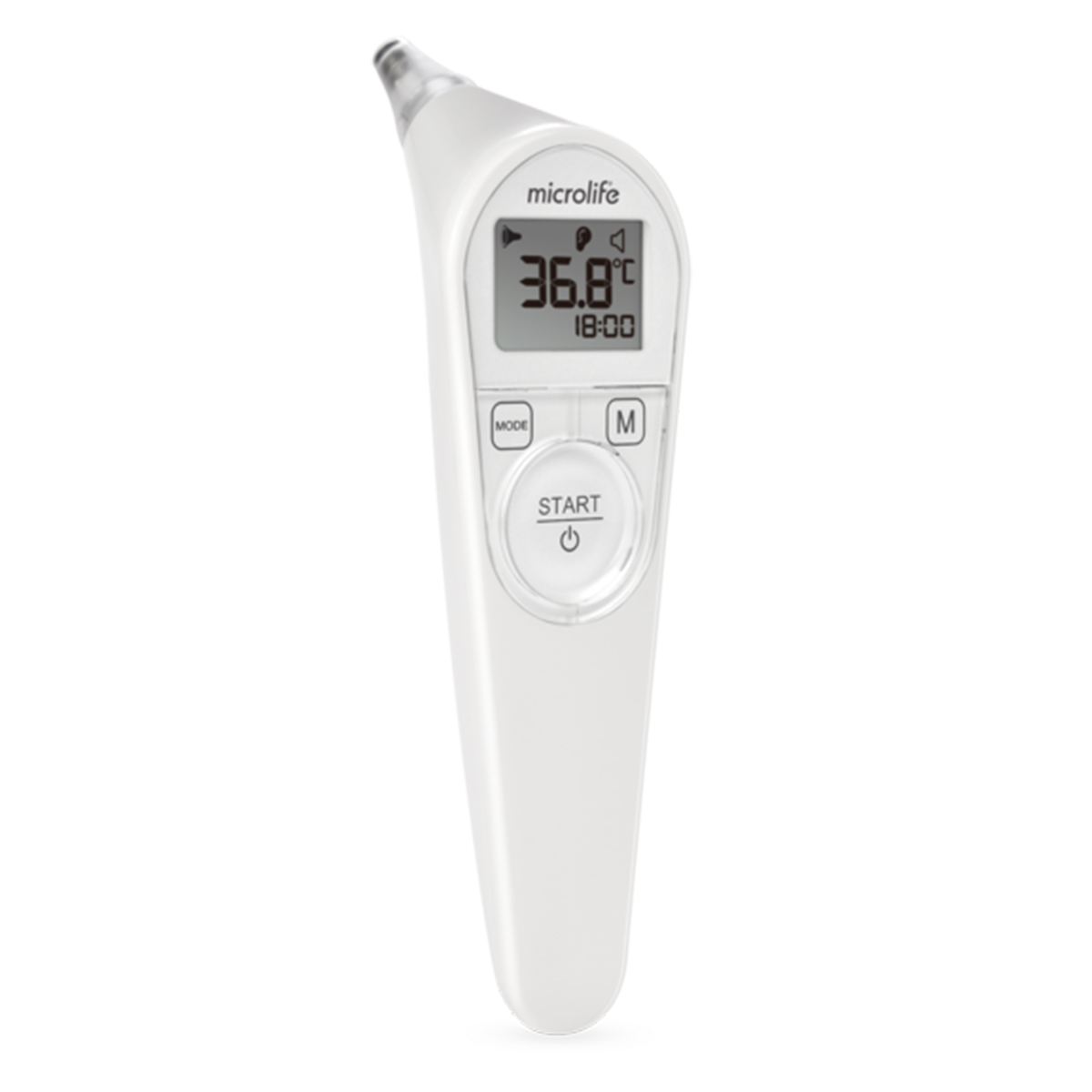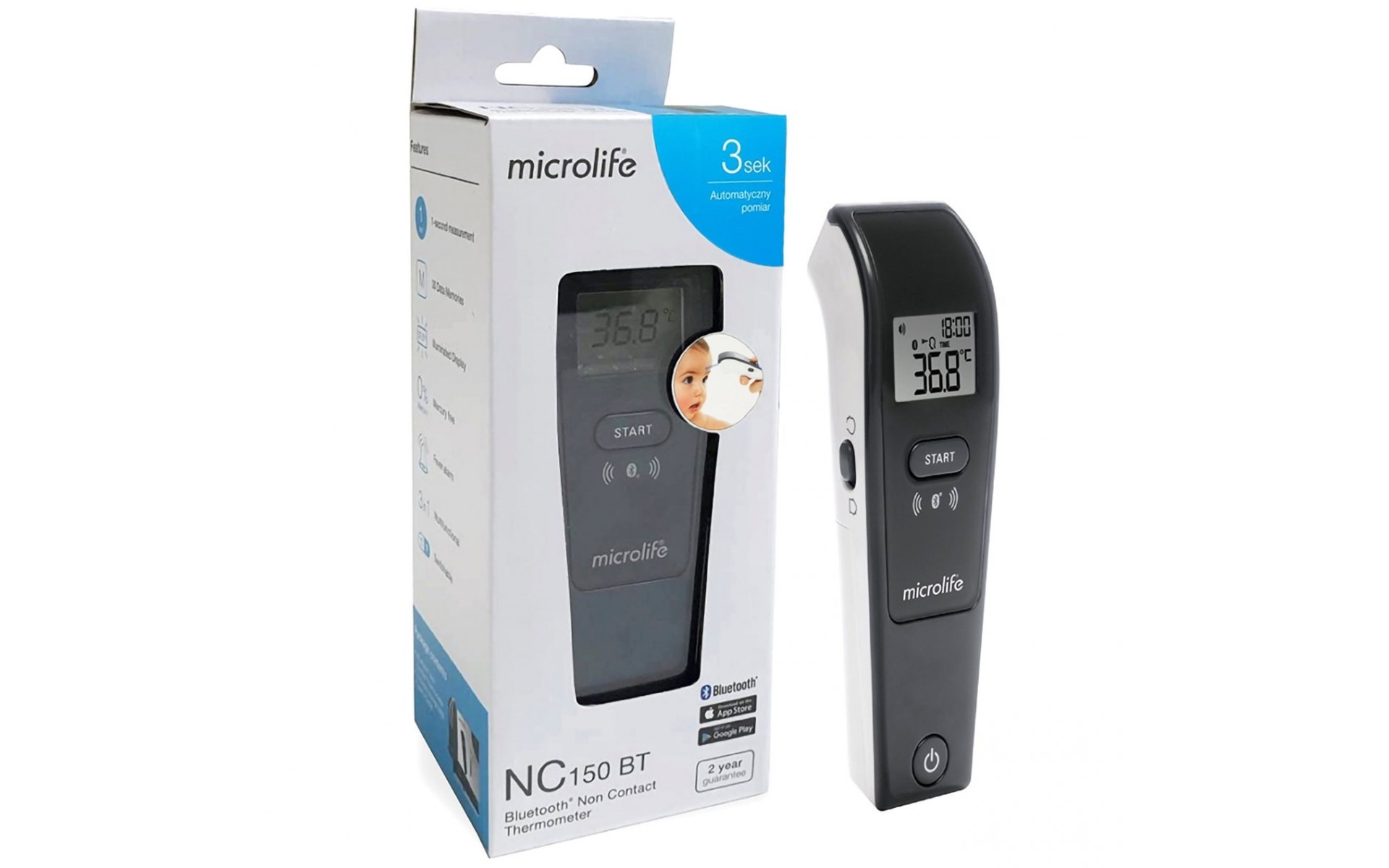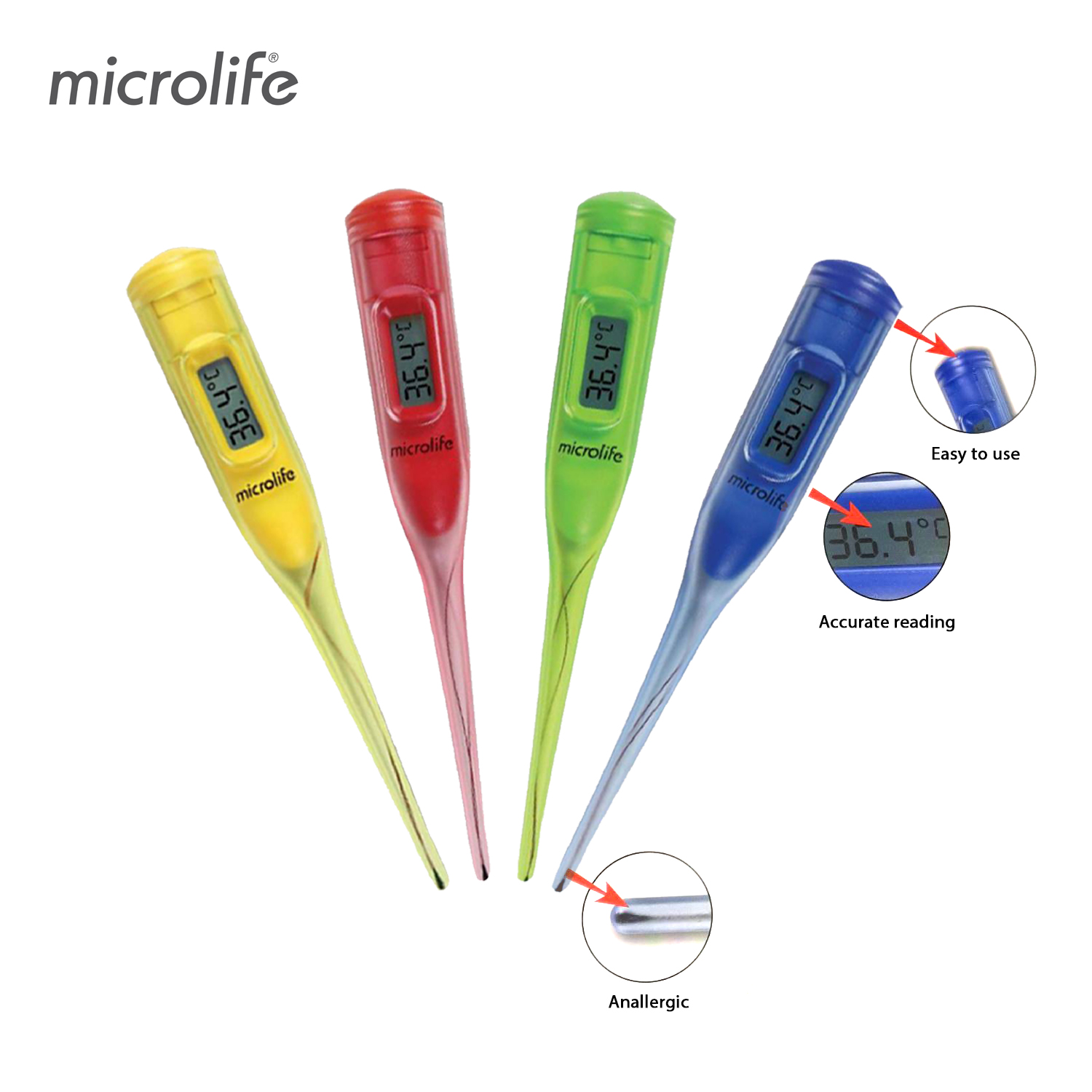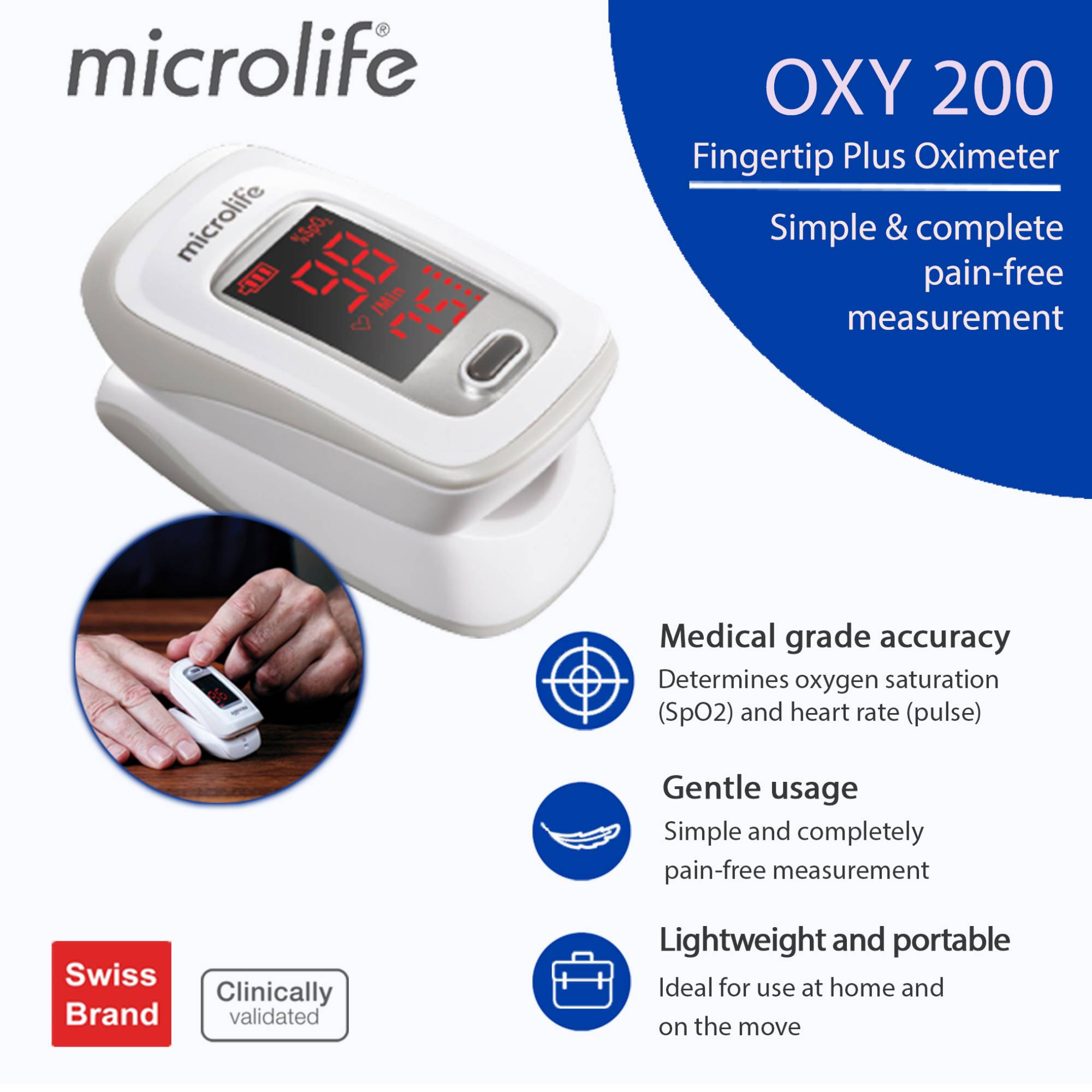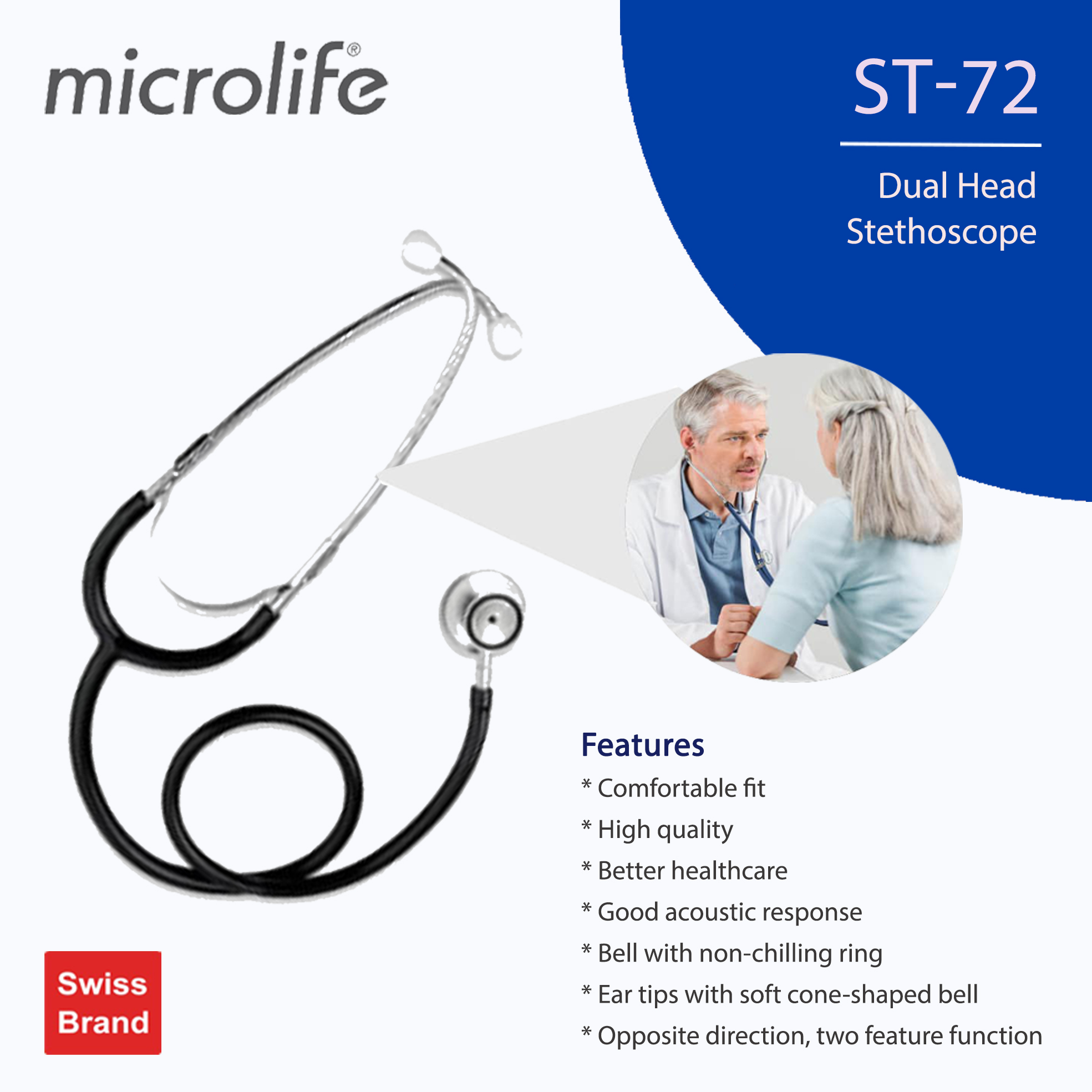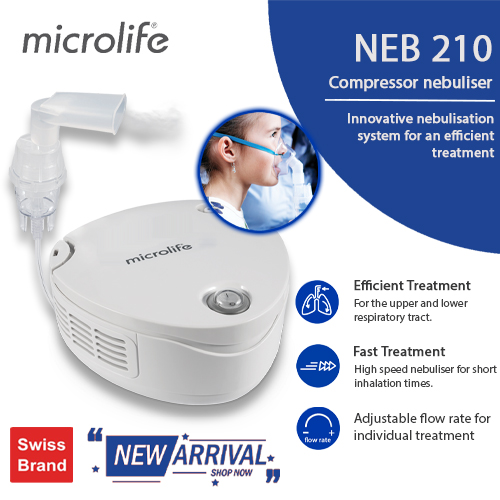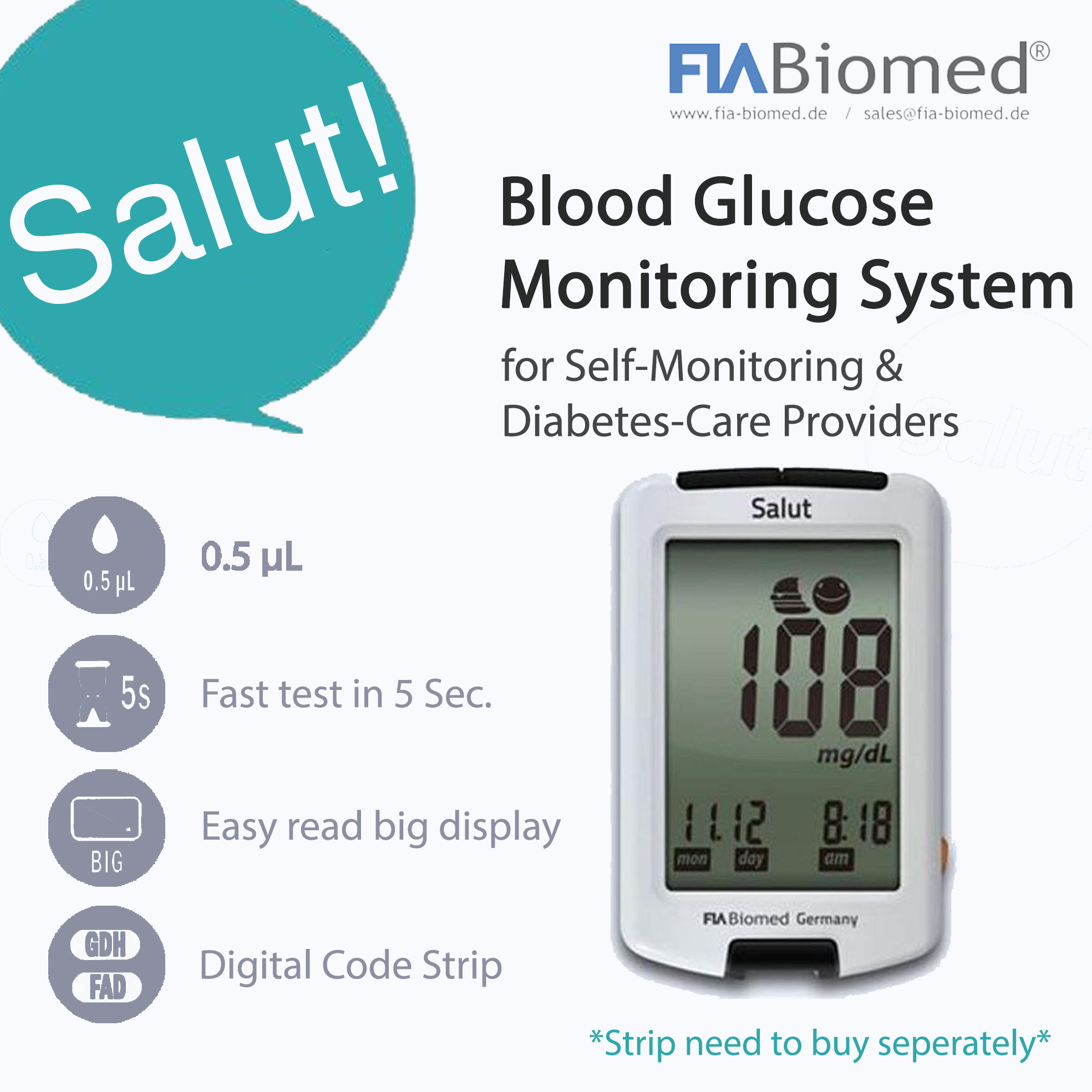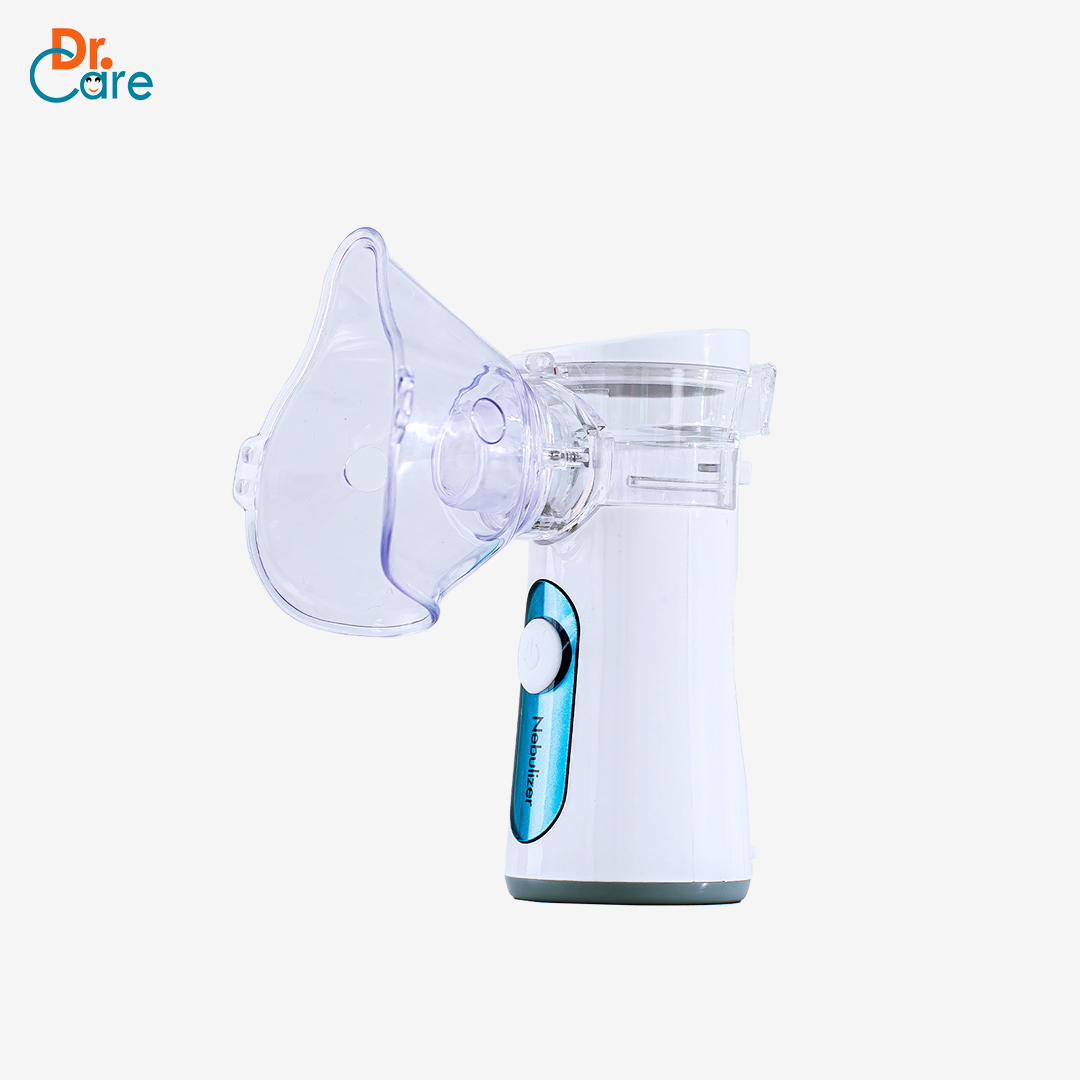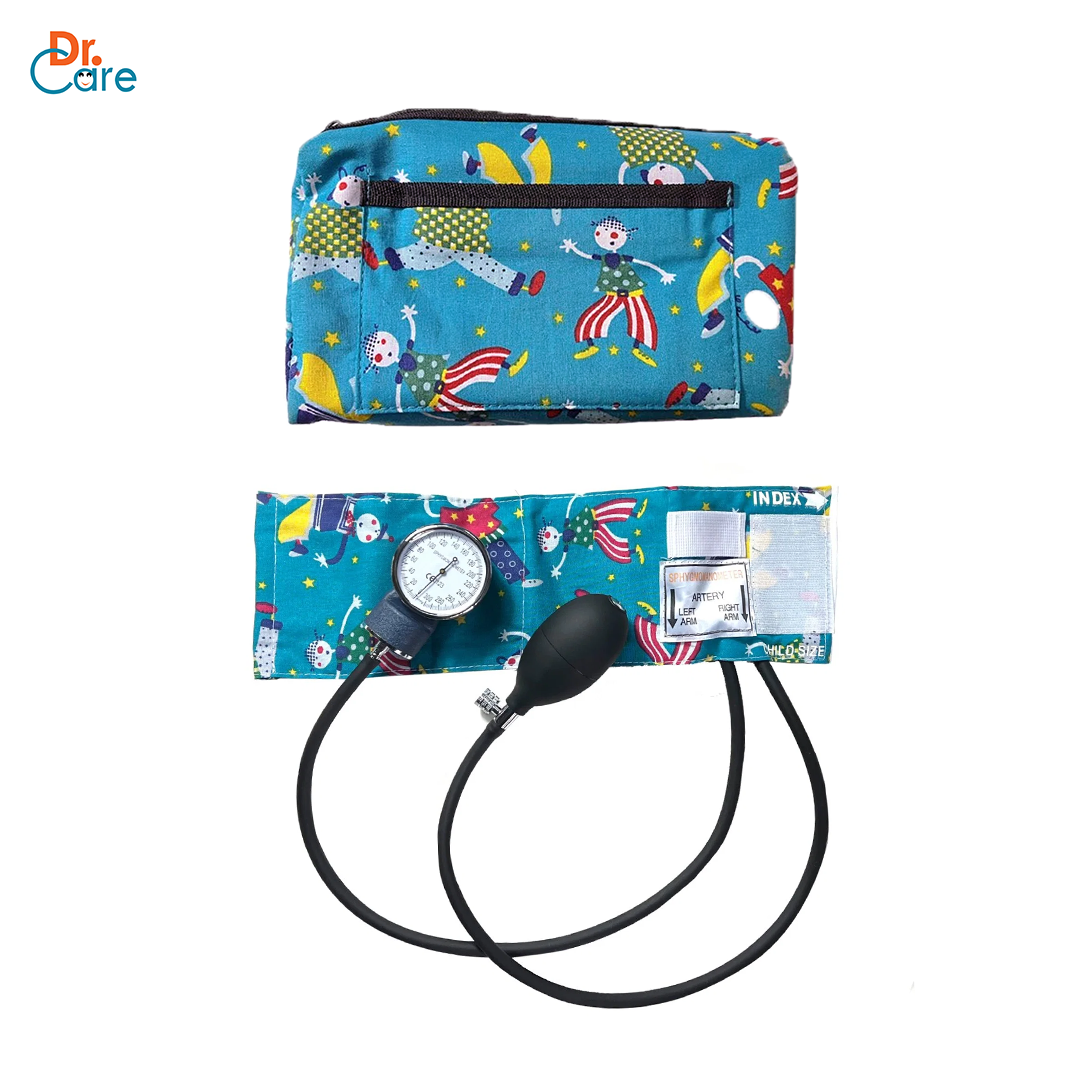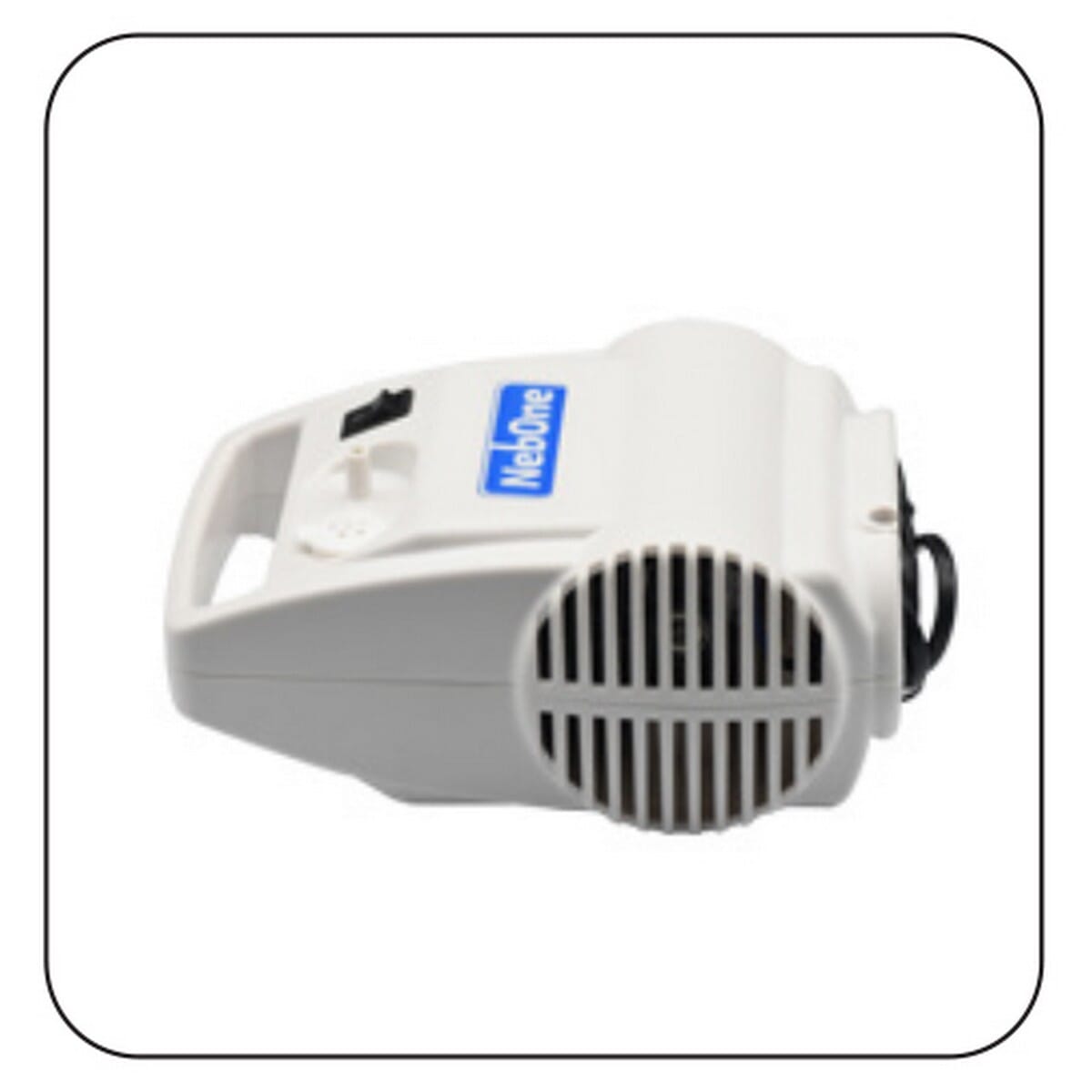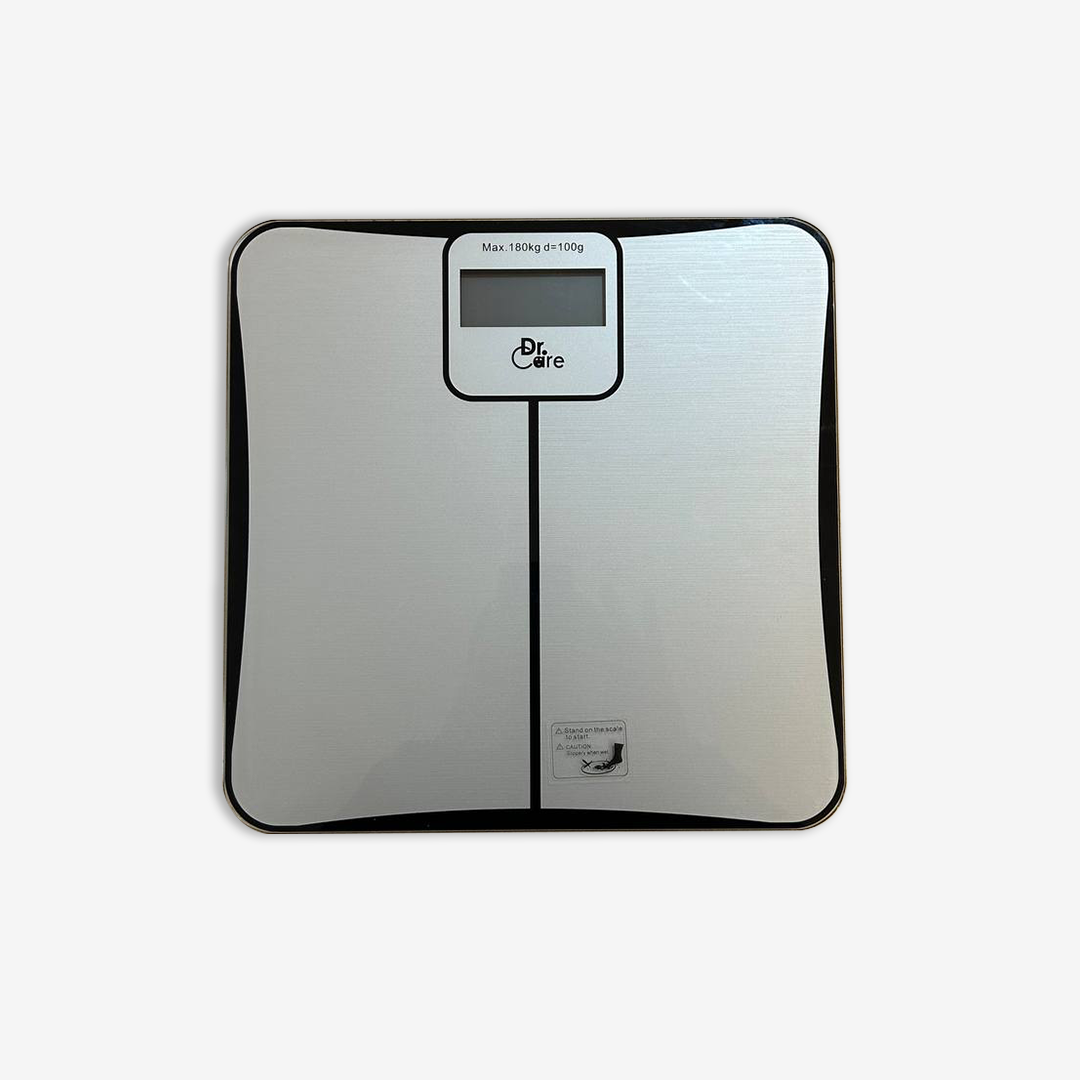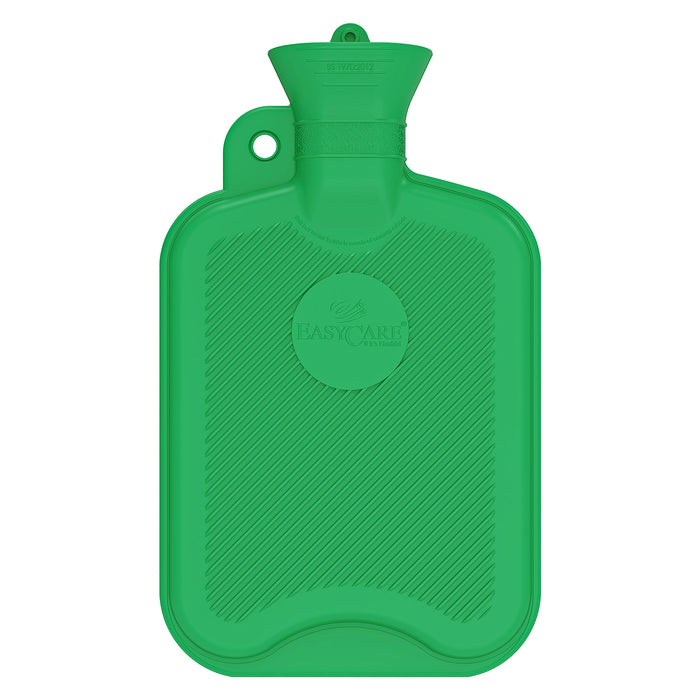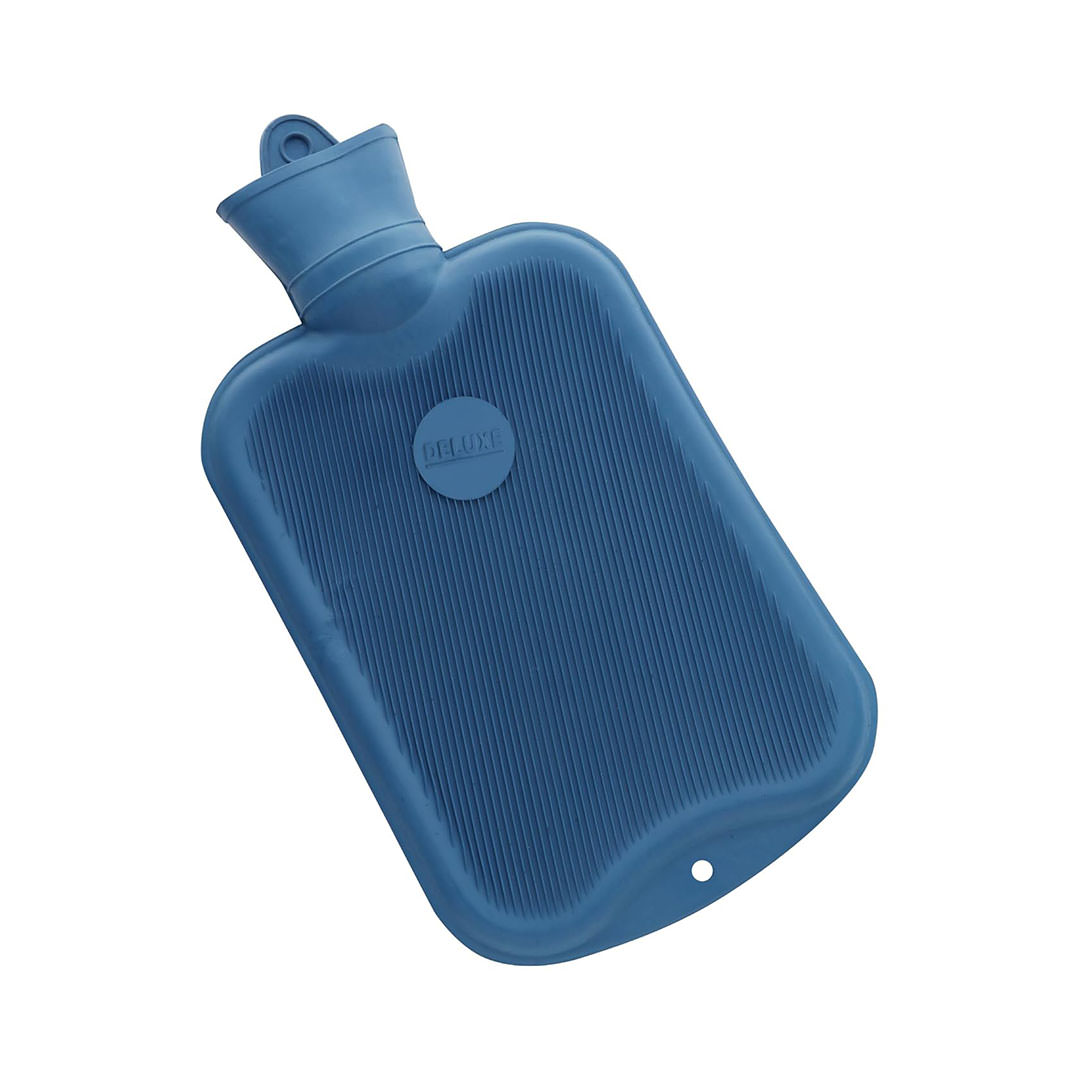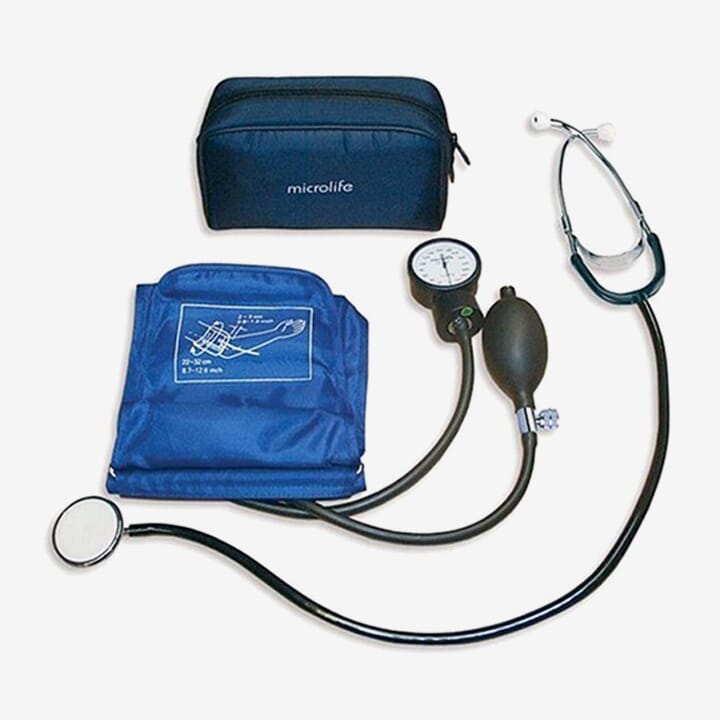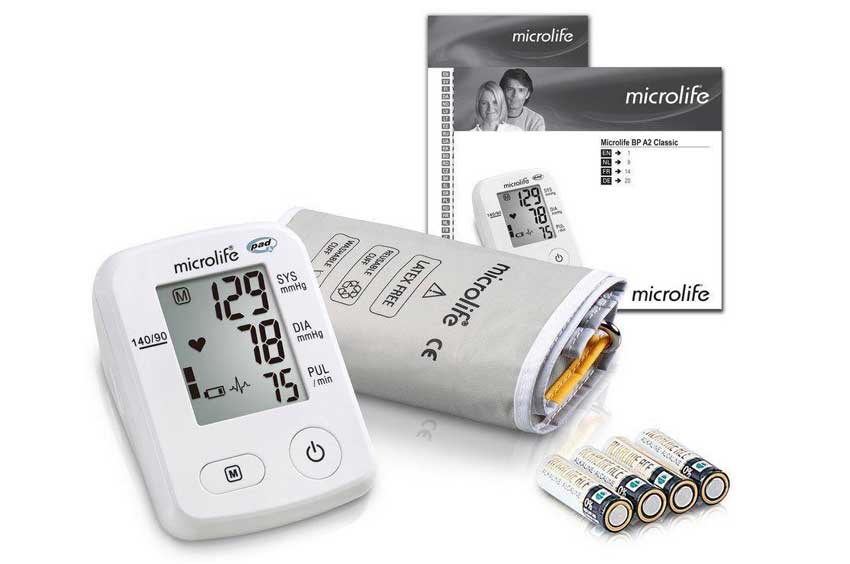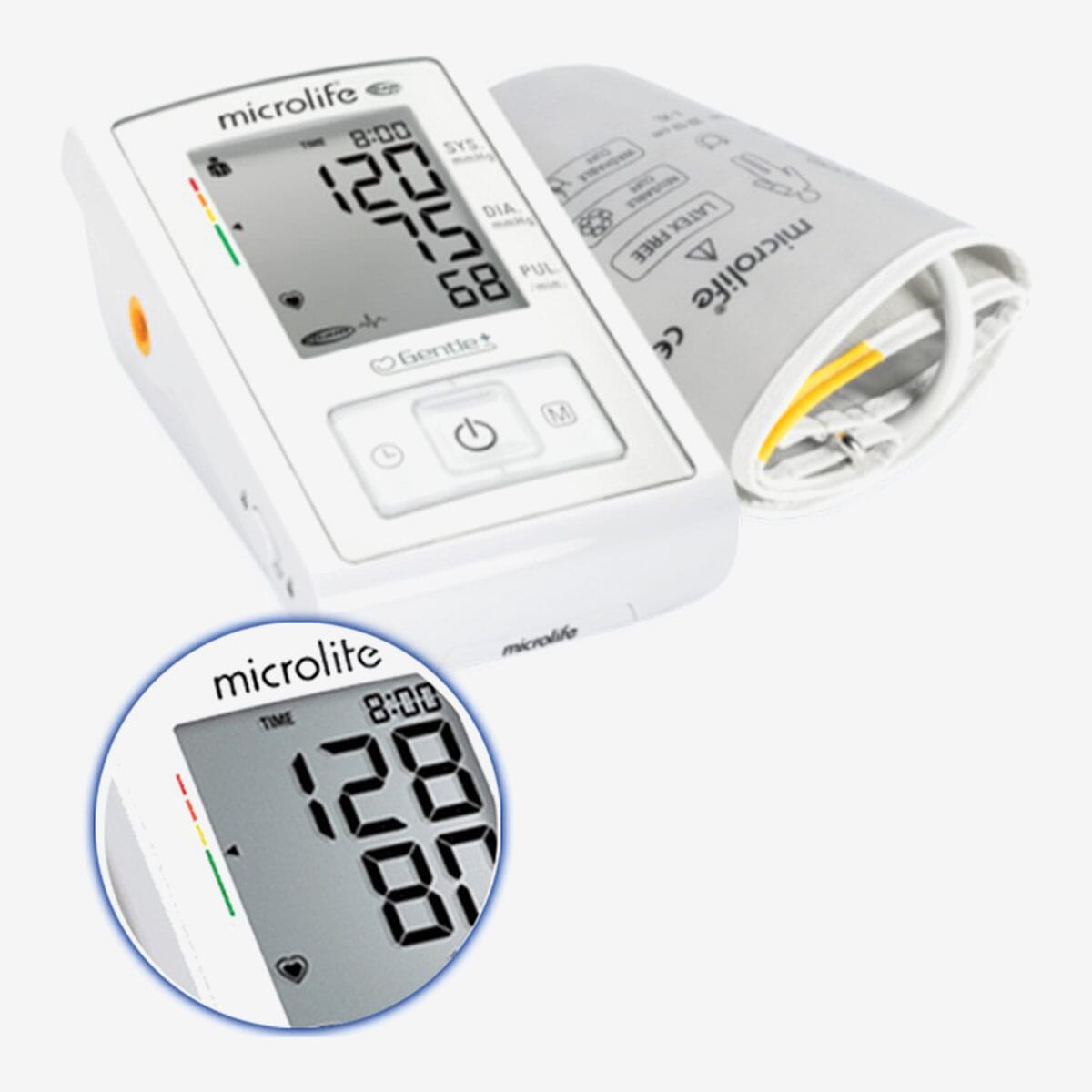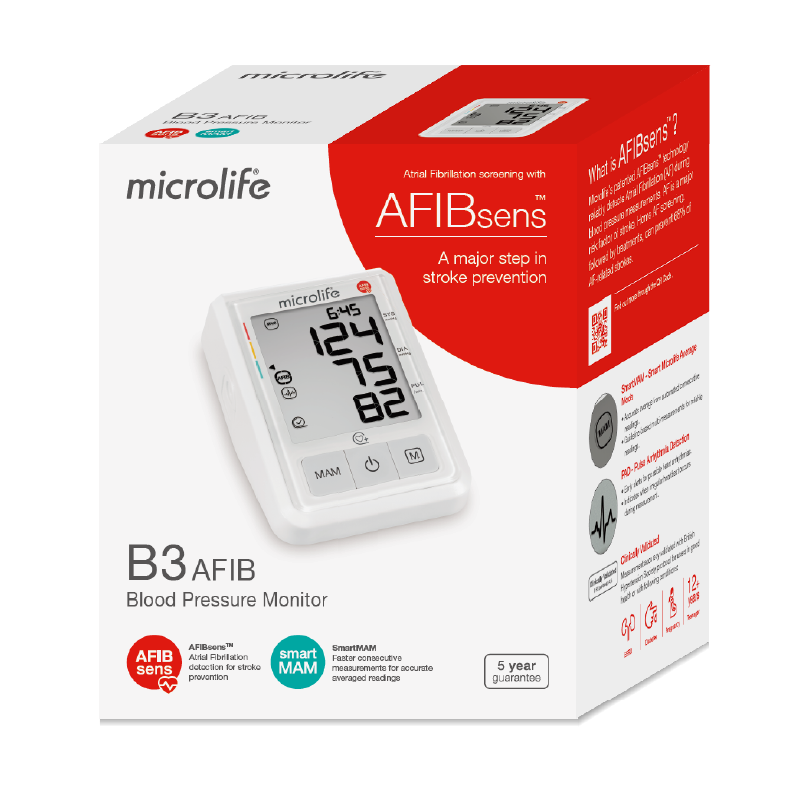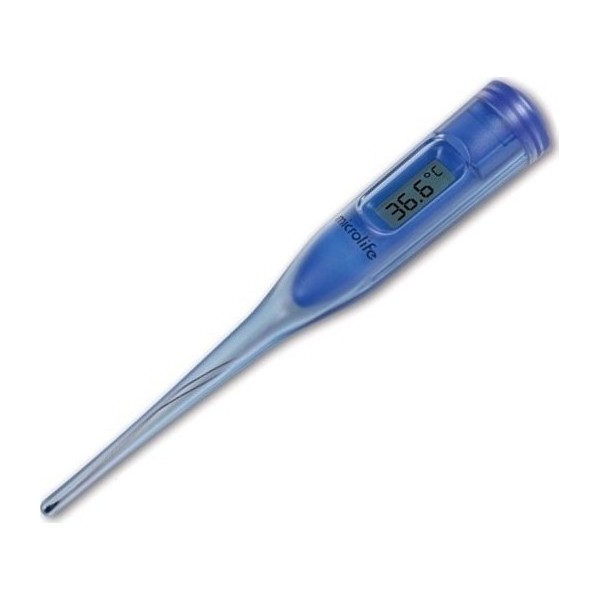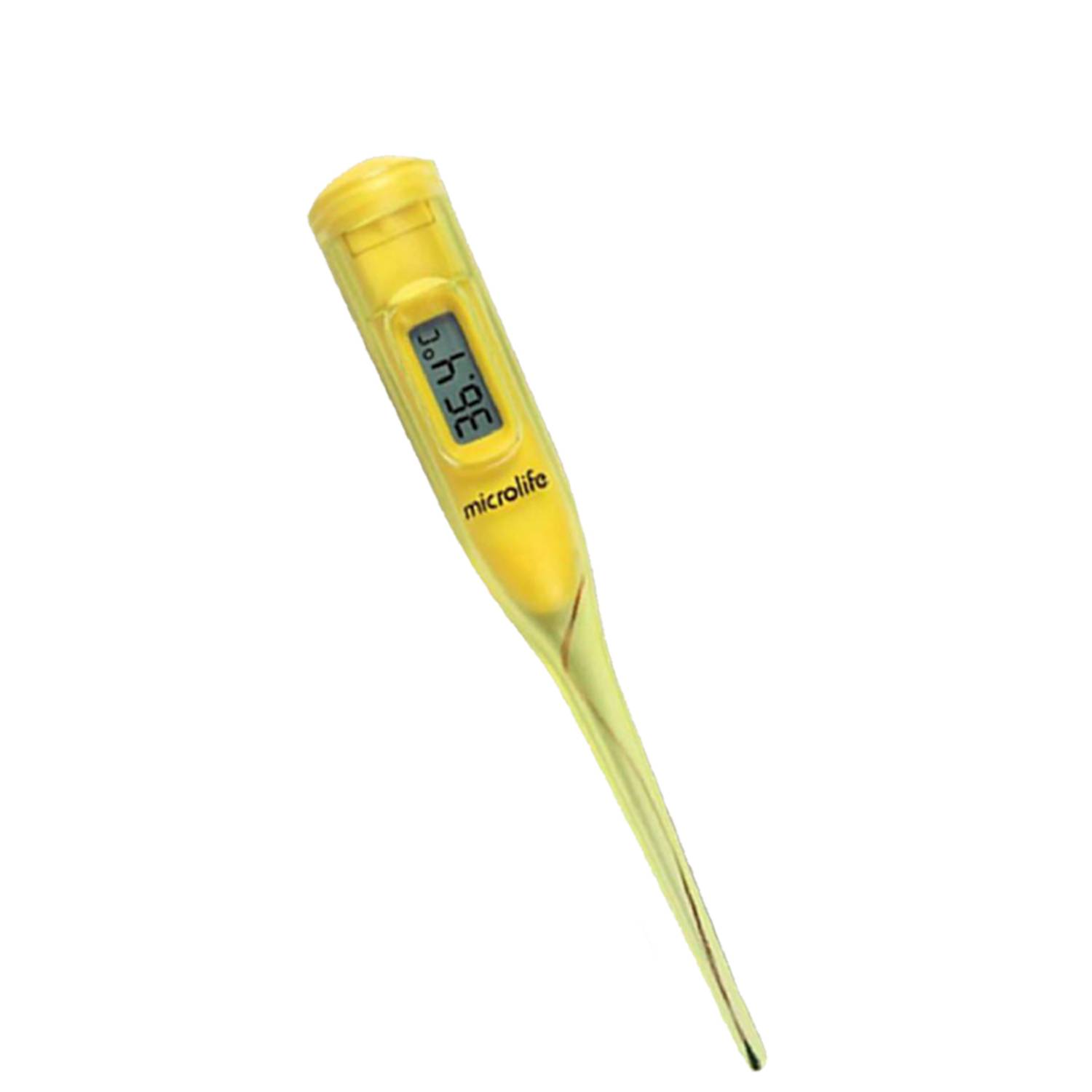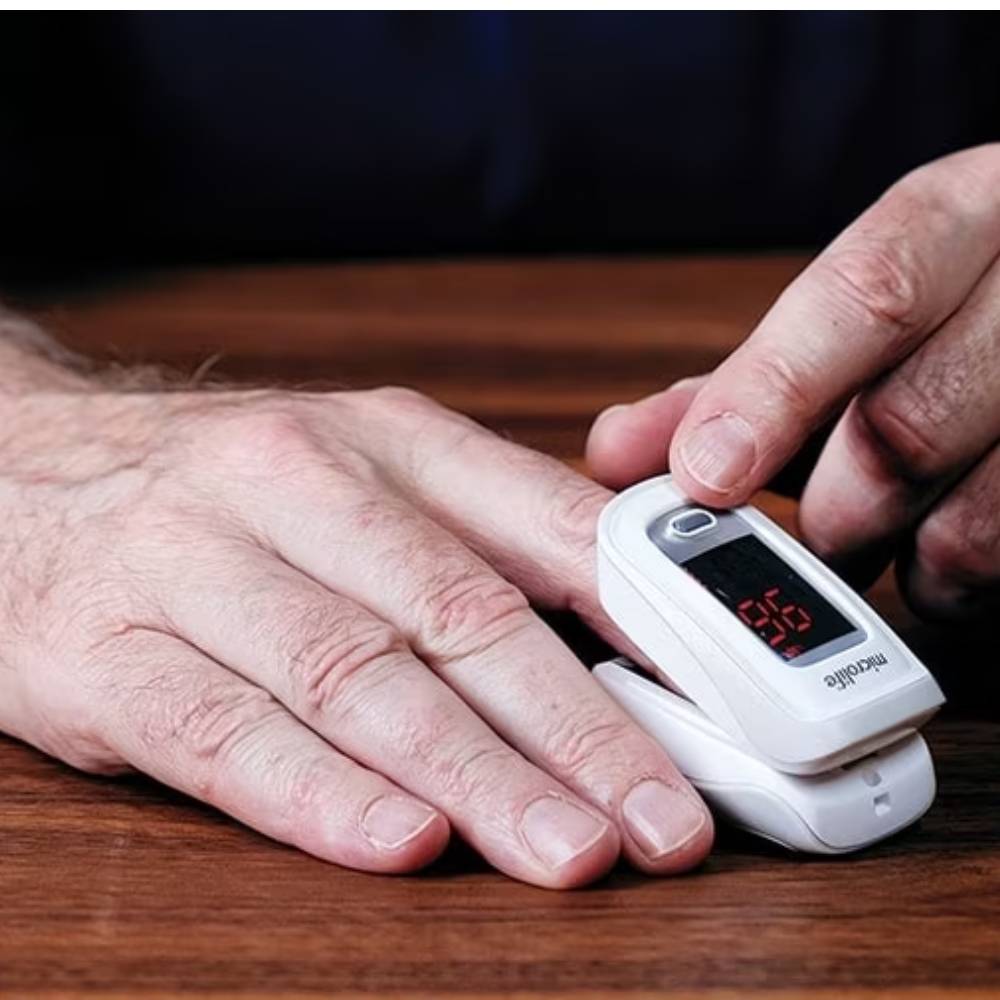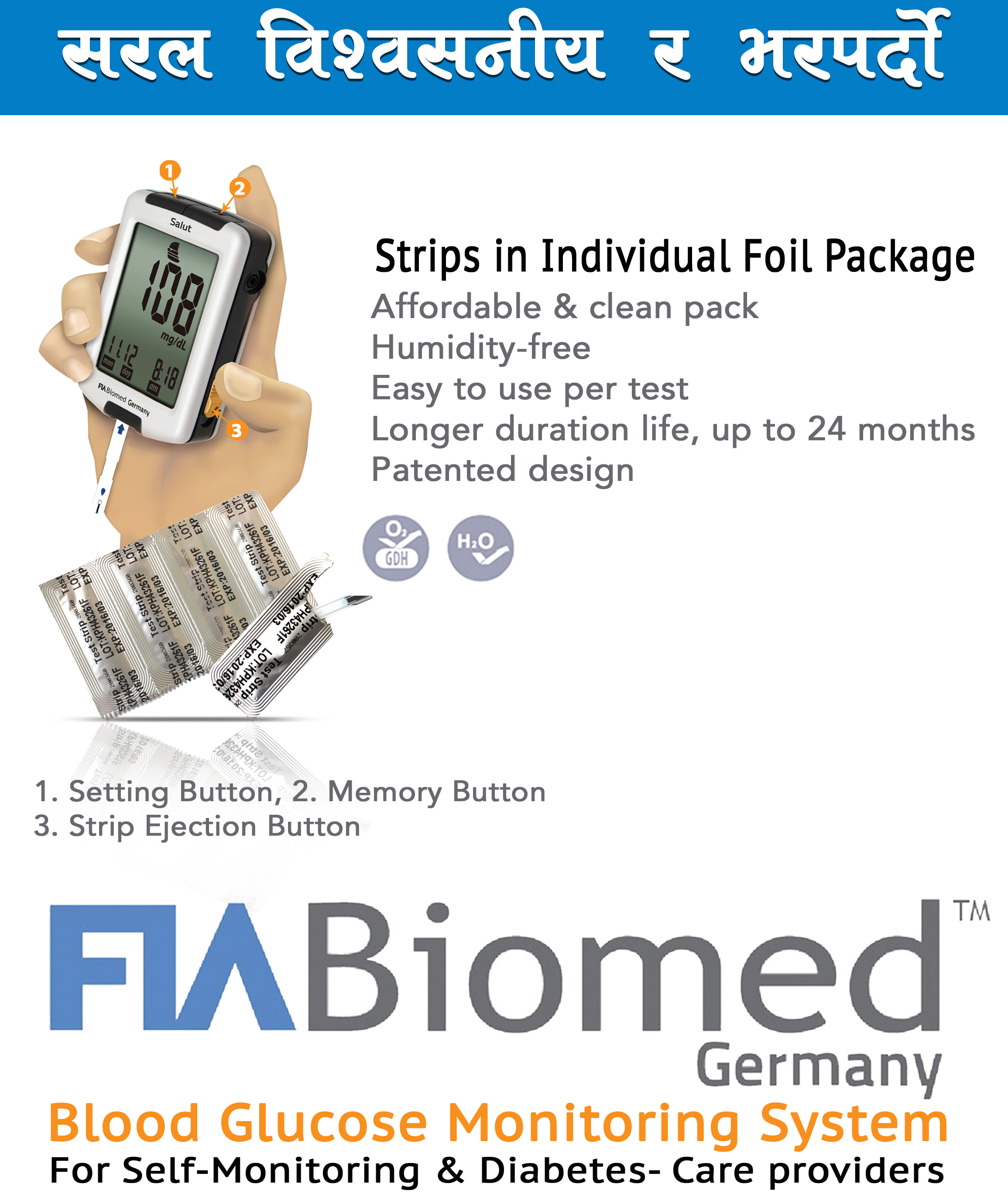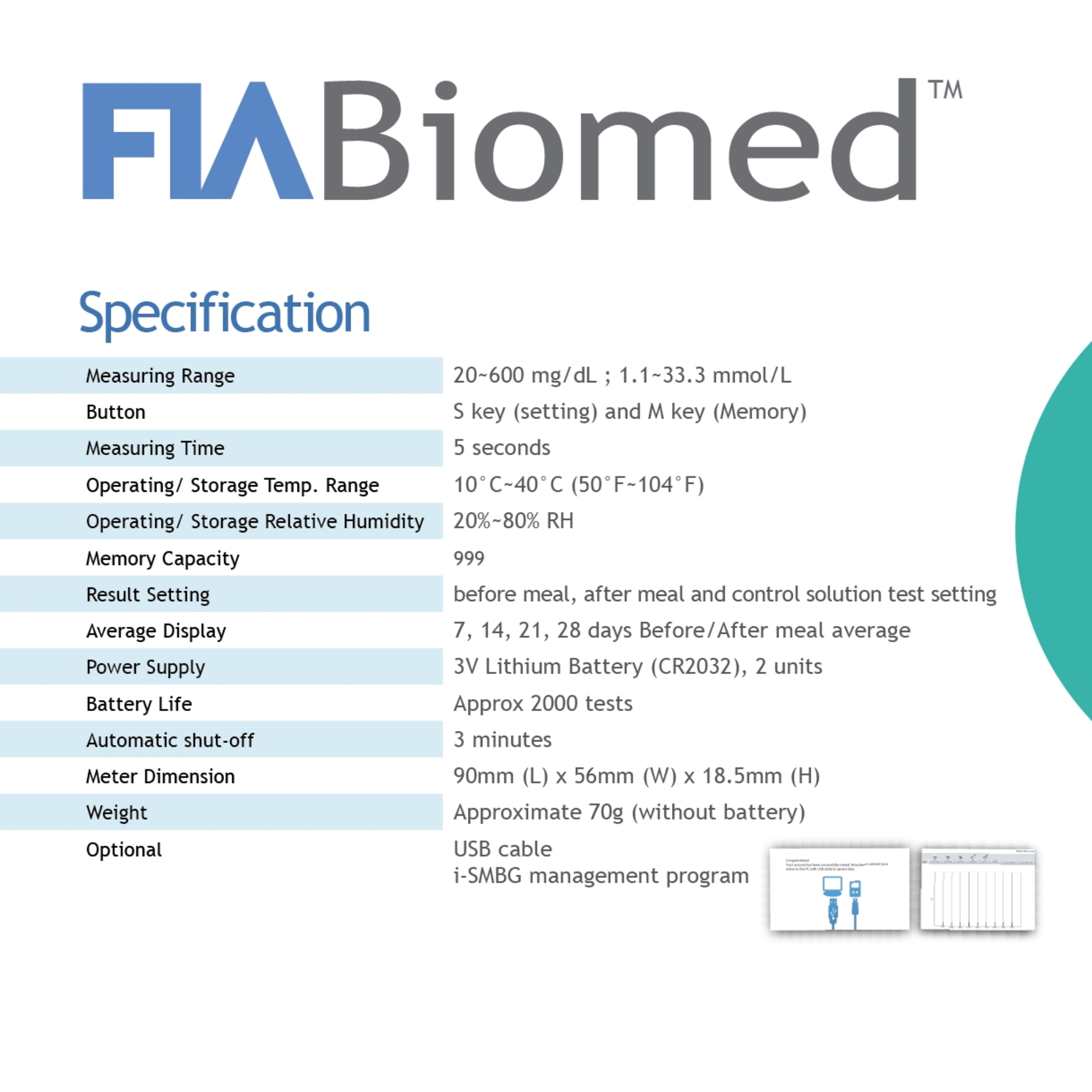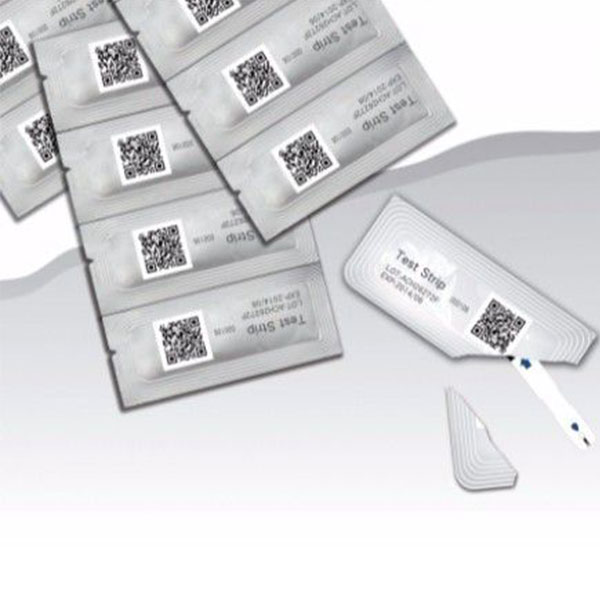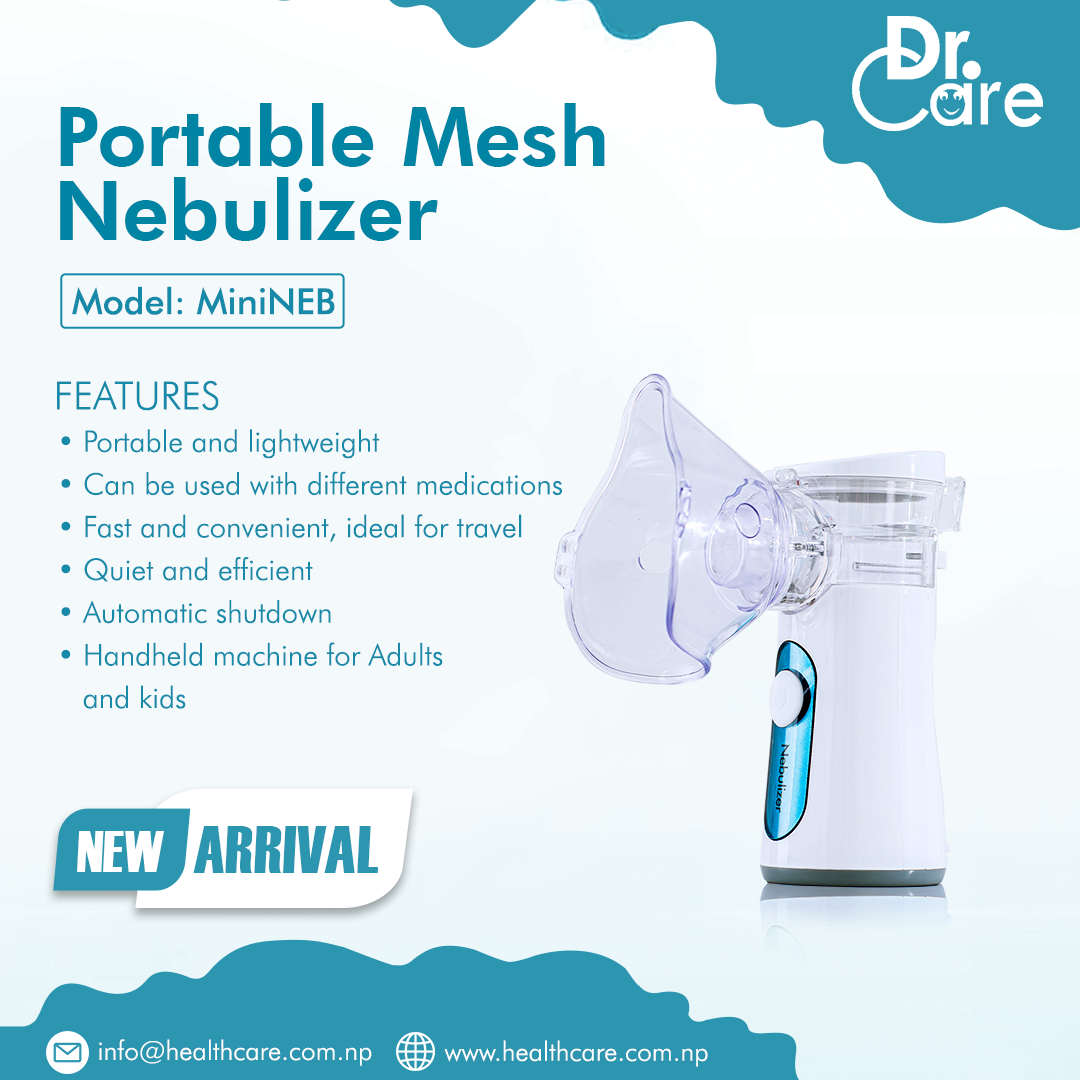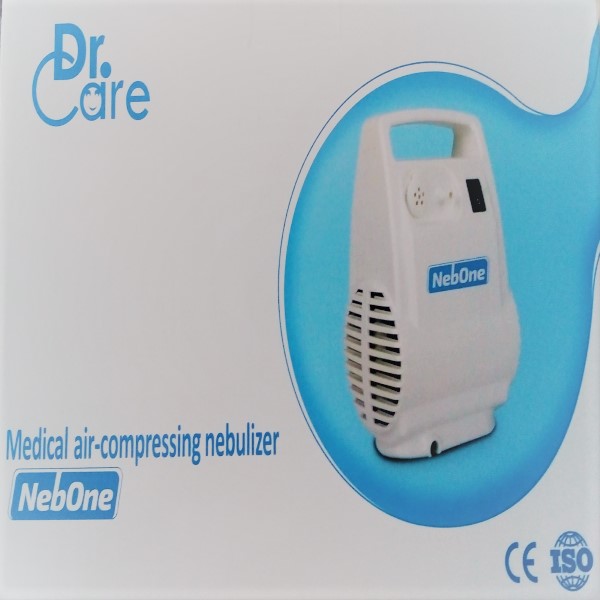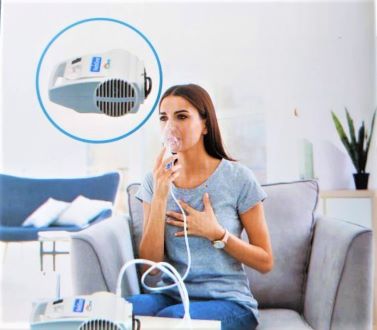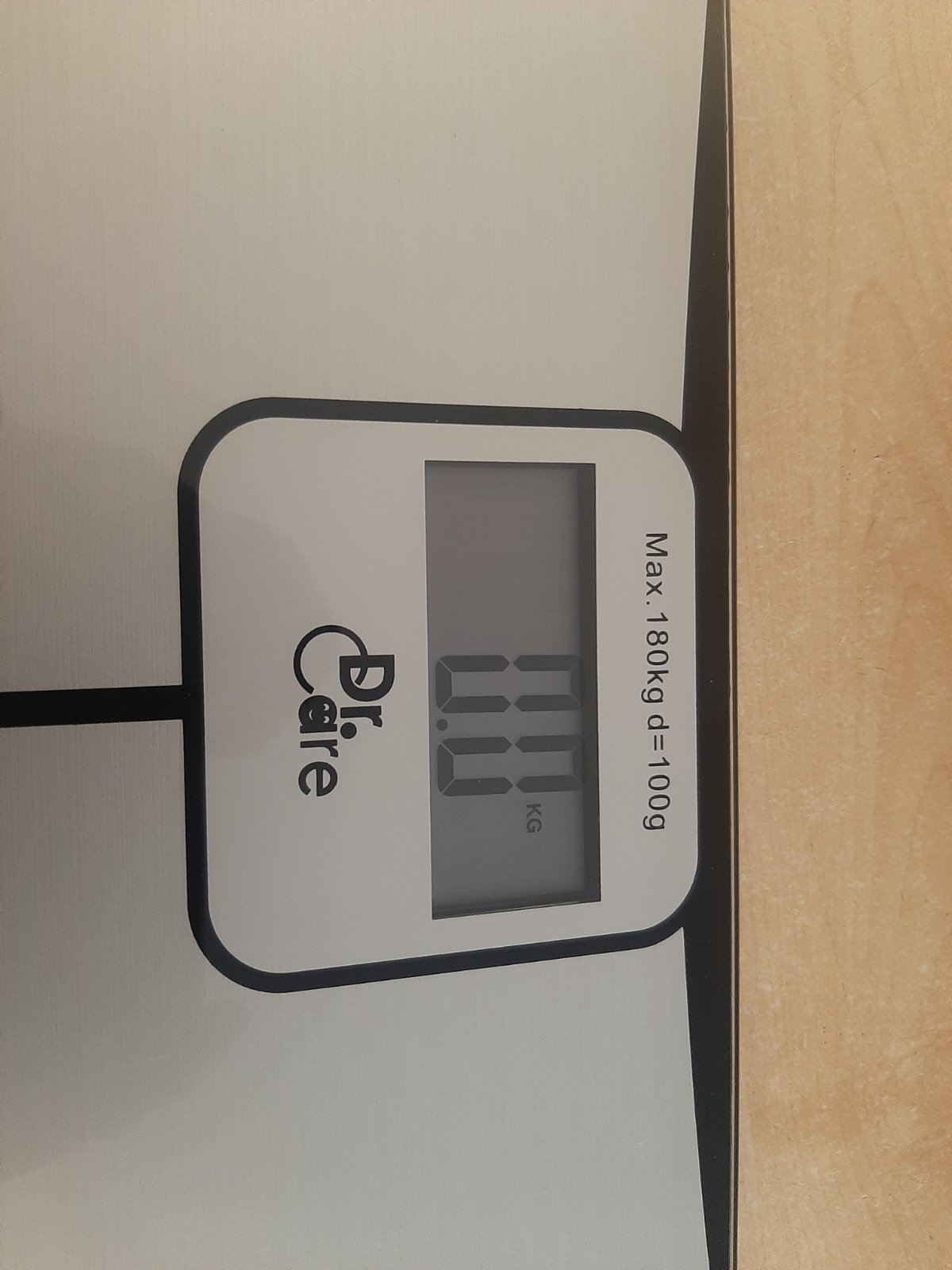Essential Medical Supplies to Keep in Your First Aid Kit
A well-stocked first aid kit is a household essential, ready to handle everything from minor scrapes to more serious emergencies until professional help arrives. Keeping a kit at home, in your car, and even at work is a proactive step toward safety. Here are the essential medical supplies you should include to ensure you're prepared for common mishaps.
First, wound care items are the foundation of any first aid kit. This includes a variety of bandages in different sizes, from small adhesive strips to larger sterile pads. You'll also need antiseptic wipes or a solution like rubbing alcohol to clean wounds and antibiotic ointment to prevent infection. Don't forget gauze rolls and medical tape to secure larger dressings. A pair of sterile gloves is also a must-have to protect both the caregiver and the injured person.
Next, include supplies for pain and fever management. Pain relievers like ibuprofen or acetaminophen are useful for headaches, muscle aches, and fever. An instant cold pack can help with swelling from sprains or bruises. A digital thermometer is crucial for accurately checking body temperature, especially for children.Anti-diarrheal medicines and anti helminthic medicines also can come handy during emergency.
Third, pack items for specialized care. Depending on the potential needs of your family, this may vary. For example, if someone has allergies, antihistamines should be included. If you have someone with diabetes, a small container of glucose tablets can be life-saving in a hypoglycemic event. Tweezers for removing splinters and small scissors for cutting gauze are also indispensable tools.
Finally, remember the miscellaneous but important items. This includes a first aid manual or a set of simple instructions. A small flashlight, a list of emergency contact numbers, and any personal prescription medications are also critical. Regularly check your kit to ensure all items are within their expiration dates and restock anything that has been used.
Having a comprehensive first aid kit is not just about having the right supplies; it's about being prepared and knowing you have the tools to respond effectively to an unexpected injury.
Author: Ms Sujita Manandhar
Related products
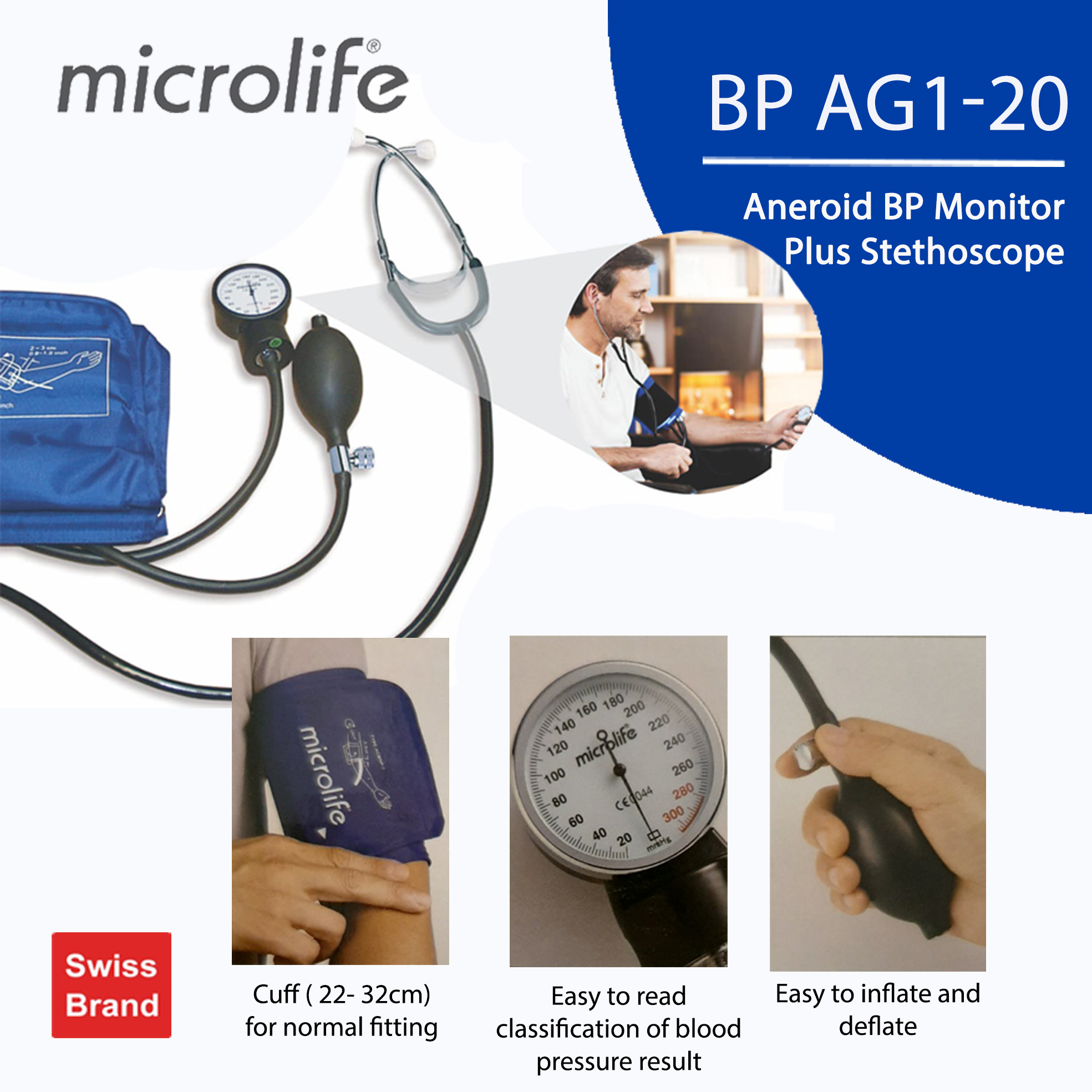
Microlife Bp Machine Aneroid Blood Pressure Monitor + Stethoscope Bpagi-20
NPR 2700|10%off
NPR 3000 Save NPR 300
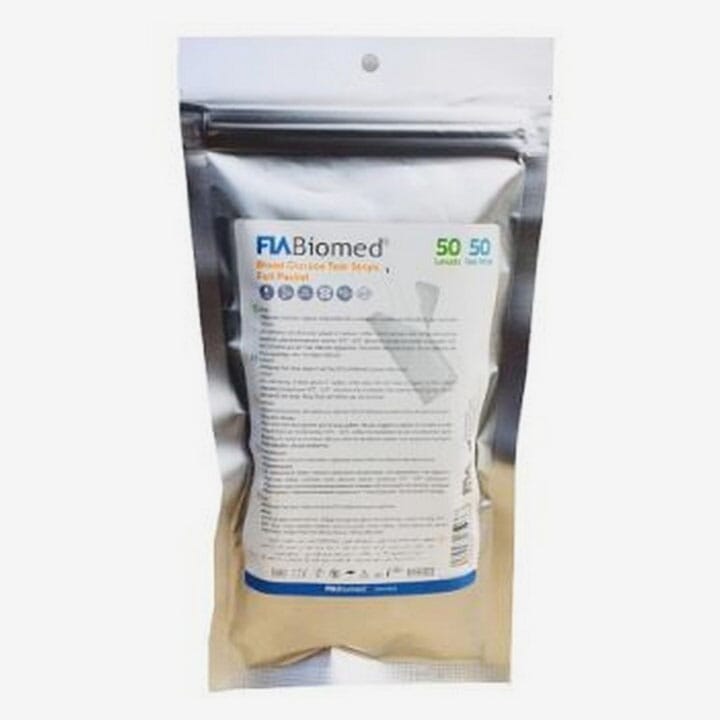
Fia Biomed Glucometer Strip With Lancet (50 Strips+50 Lancets)
NPR 2250|10%off
NPR 2500 Save NPR 250



 0
0
